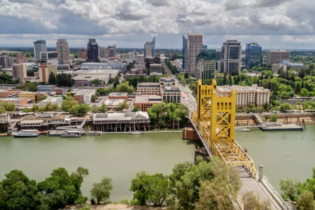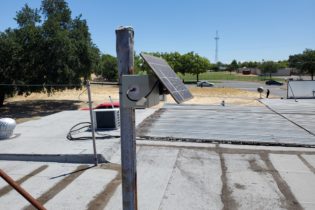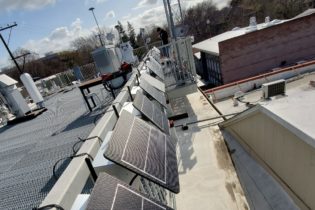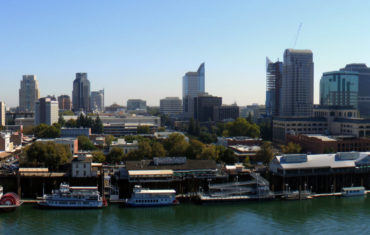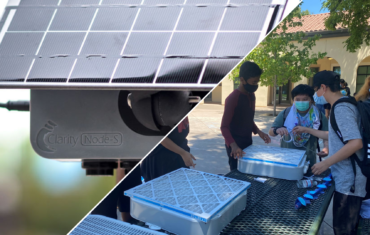A Dose of (Climate) Reality
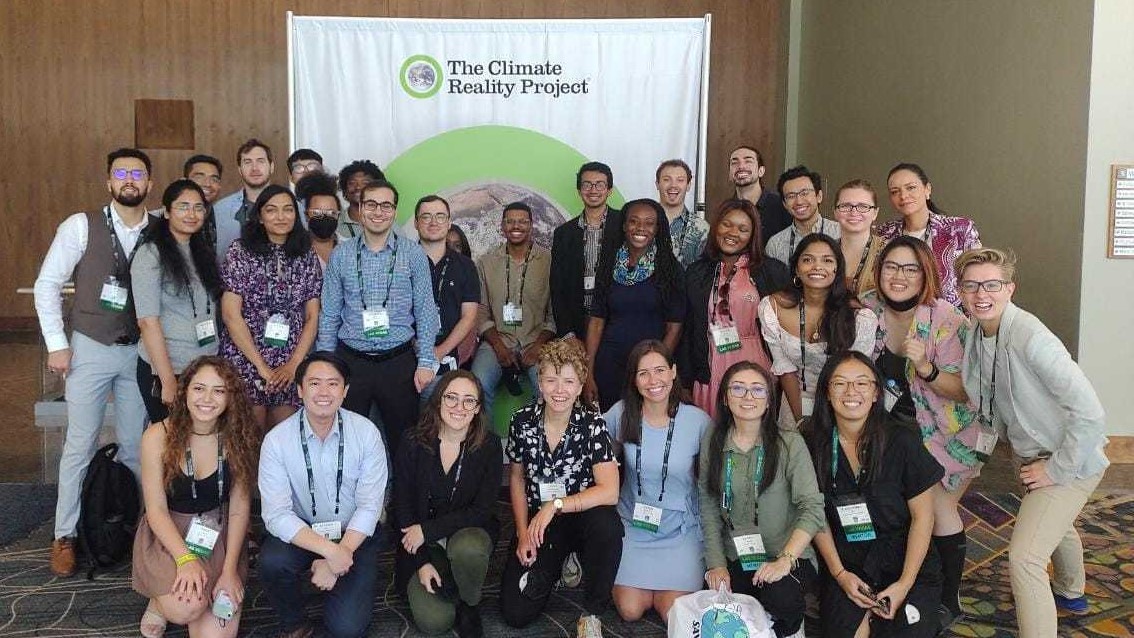
A blast of 109-degree air hit me as I exited the absurdly air conditioned Planet Hollywood casino on the Las Vegas Strip. It was June 10th, 2022, and Southern Nevada was having its hottest day of the year (thus far).
Ironically, I was there to learn, collaborate, and connect as part of the 2022 cohort of the Climate Reality Leadership Corps. So much for glitz, glamour, and excess – things were getting very real in the Nevada desert.
The Climate Reality Project is the organization founded by former Vice President Al Gore using proceeds from the unexpected success of 2006’s ‘An Inconvenient Truth’ film and accompanying book. Today, the organization is an international nonprofit on the leading edge of education and advocacy related to climate change, and the Leadership Corps program is intended to build the capacity of climate leaders and their networks for action.
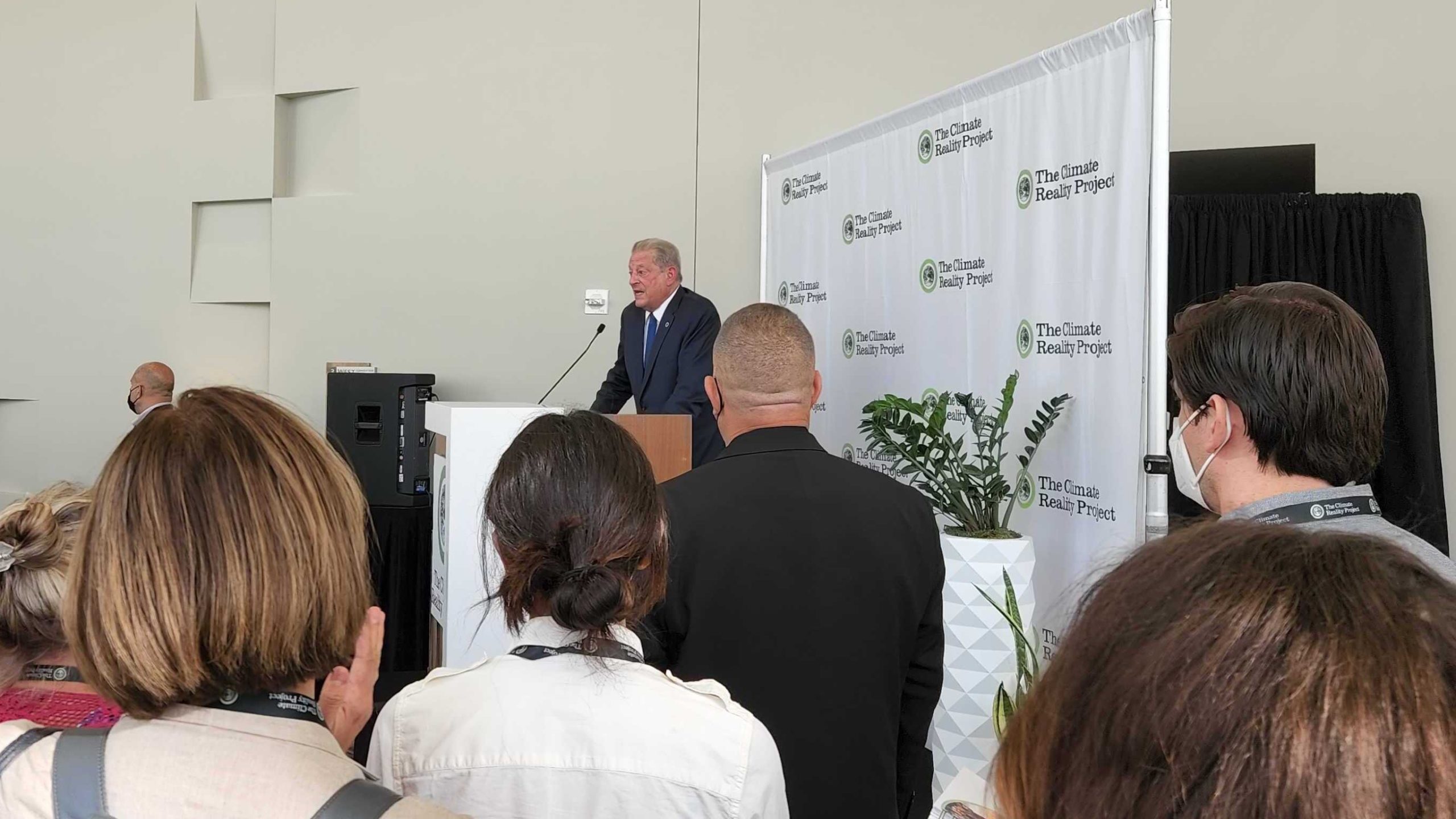
Mr. Gore continues to anchor the organization in many ways, but over the course of two-and-a-half days we were able to get to know Climate Reality’s talented and diverse staff, as well as activists, scientists, and skilled communicators from across the Americas, including dozens of Indigenous leaders on the frontlines of climate action in their communities (with an emphasis on the American Southwest). I was particularly excited to connect with William J. Barber III, Climate Reality’s Director of Climate and Environmental Justice and the son of William Barber II, a well-known preacher and co-chair of the national Poor People’s Campaign, as well as Dr. Elena Krieger, Director of Research with PSE Energy (Physicians, Scientists, and Engineers for Healthy Energy) and a partner in community air protection projects in California.
There is strong connectivity with the work that Valley Vision has been doing for years to advocate for clean air policies, advance neighborhood-based air monitoring and emissions reduction efforts, and to support innovative projects like the California Mobility Center.
That being said, I was participating primarily as a member of the Global Shapers – Sacramento Hub, a local group affiliated with the World Economic Forum’s international network of over 14,000 young leaders across 448 city-based Hubs in 146 countries. The Sacramento Shapers have been working with Climate Reality locally on a water conservation project, conducting door-to-door outreach, distributing resources, and providing micro-grants to artists working on water conservation-related projects.
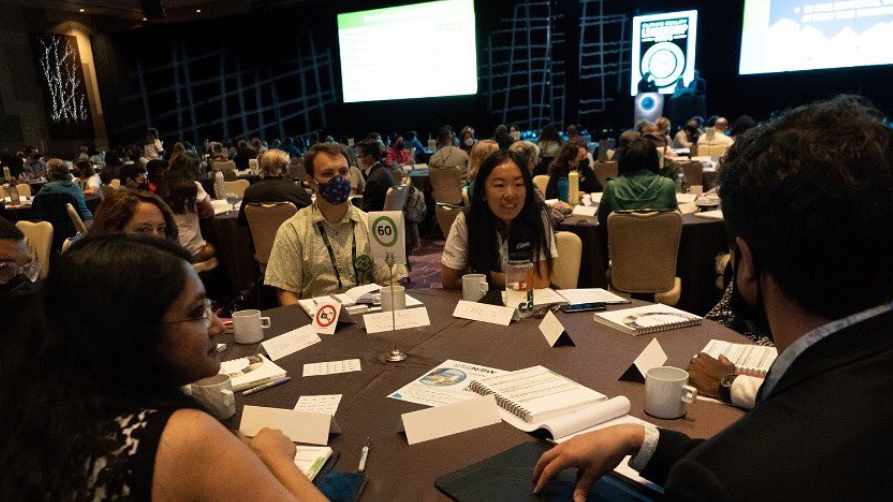
Leadership Corps participants were treated to a full-length, up-to-date version of the famous ‘An Inconvenient Truth’ PowerPoint presentation on the first day of the training, as well as a shortened 10-minute version, both delivered by Mr. Gore. We also learned how best to communicate about climate change, and reflected on our own personal brand of climate activism taking into account our unique skills and backgrounds. We developed and practiced hands-on skills, and were presented with powerful information about the latest climate science, best practices, and technological advancements needed to support a global transition away from greenhouse gas use.
The training made very clear the linkage between the global climate crisis and the environmental racism faced by the communities of color most impacted by climate change. People of color in the US are exposed to up to 63% more pollution than they produce – while white people are exposed to 17% less. Fossil fuel air pollution contributed to nearly one in five premature deaths in 2018. Sometimes the climate crisis can feel nebulous to those who don’t reside in frontline communities, and this relationship is incredibly important to make evident when doing this work.
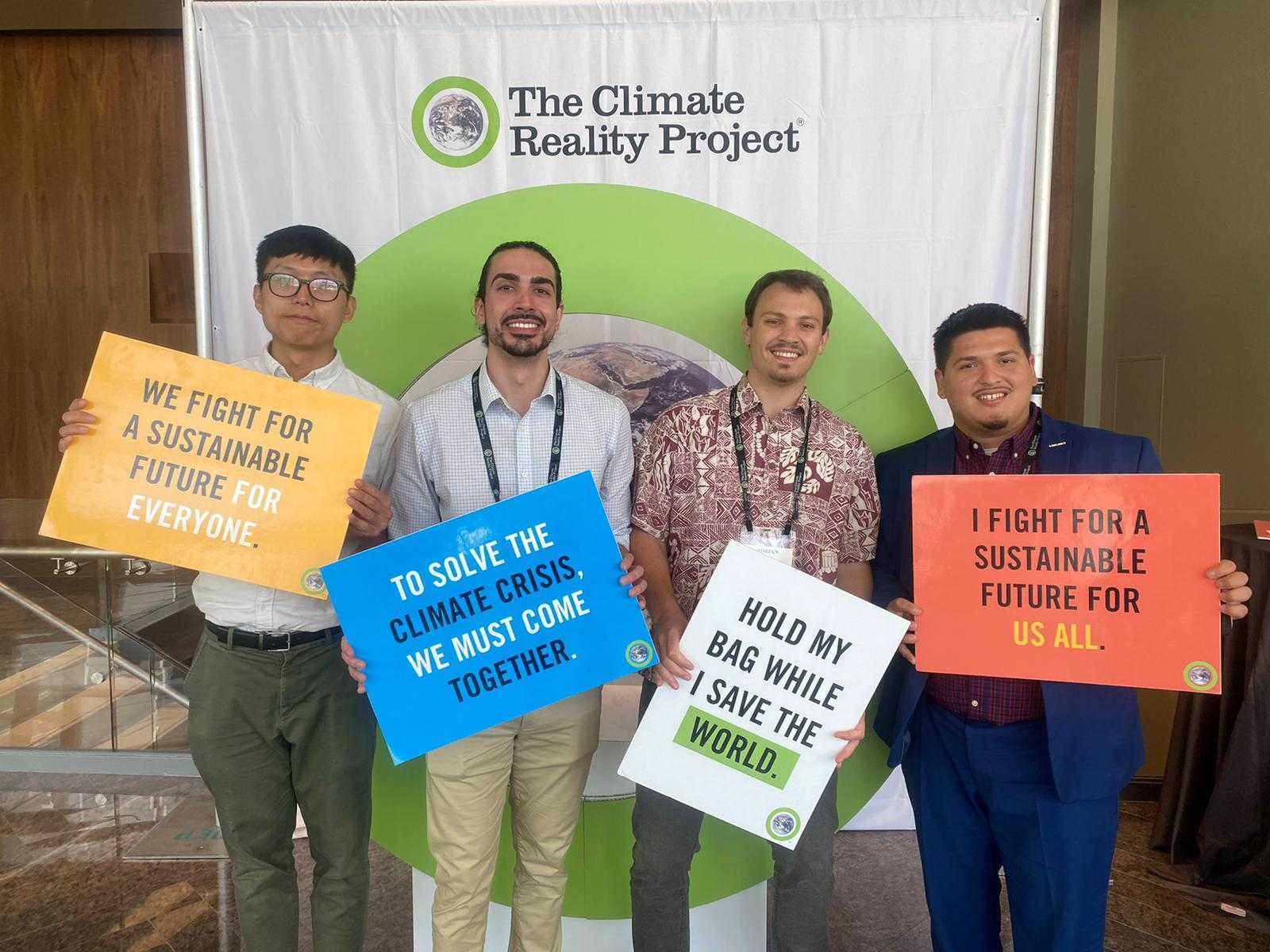
Across the world-class speakers and hands-on trainings, there were several direct quotes that really resonated with me:
- Shabd Singh: “How do you build people power? The answer is simple – one conversation at a time.”
- Van Jones (not present): “The green economy should not just be about reclaiming throw-away stuff. It should be about reclaiming thrown-away communities.”
- Alexa Aispuro Loaiza: “White allies can support communities of concern in the following way – lead by following.”
- Tim Guinee: “Action is the antidote to despair about the climate crisis.”
All that being said – hope is critical if there is to be progress. Despair is just another form of denial. And if we truly care about our planet and its people, we will build the relationships, educate our communities, and advocate for solutions that benefit those most impacted. I’ll end this blog the same way that Mr. Gore closed the two-and-a-half-day training: “Political will is a sustainable resource.” Let’s do this!
Note: Masks were required at all times except during meals and while taking photos, as a COVID-19 precaution. Photos used as part of this blog do not reflect the in-person experience.
To keep up with Valley Vision’s work to advance livability in the Sacramento region, subscribe to our Vantage Point email newsletter!
Adrian Rehn is a Valley Vision Project Leader overseeing the Cleaner Air Partnership, Sacramento Neighborhoods Activating on Air Quality, and Valley Vision’s flagship ‘Vantage Point’ email newsletter.
